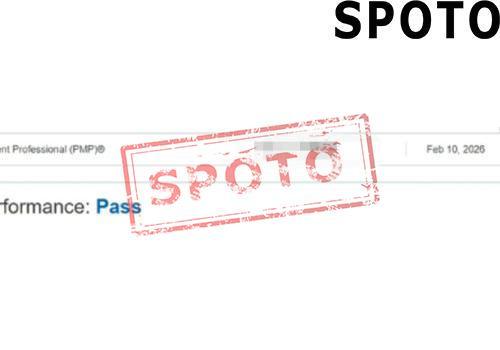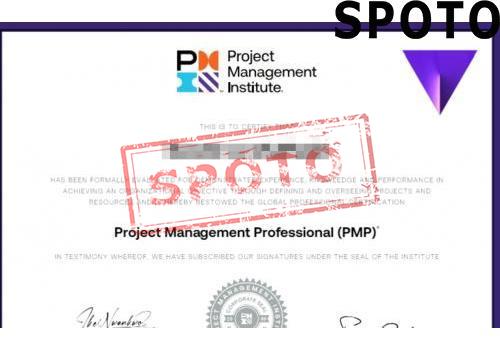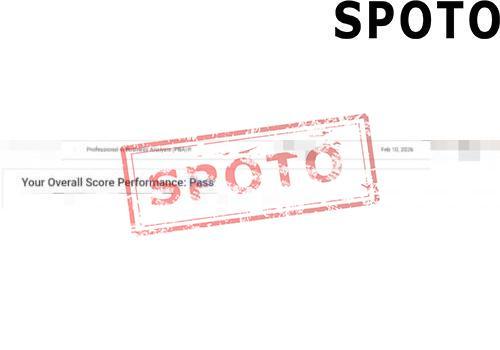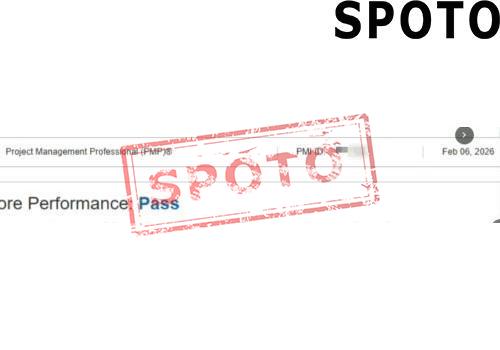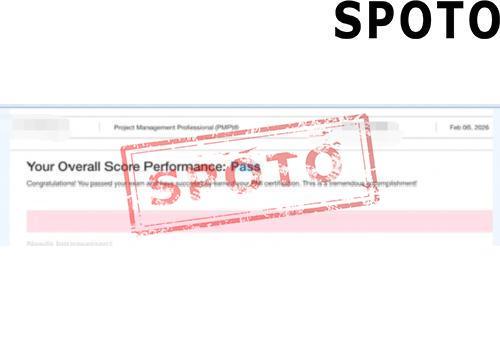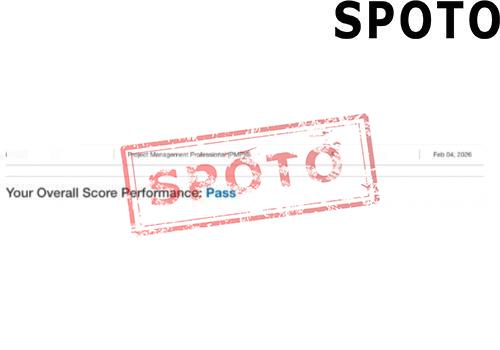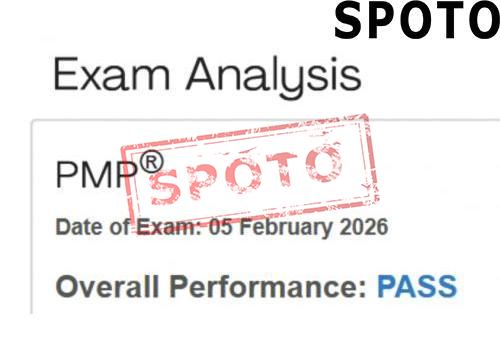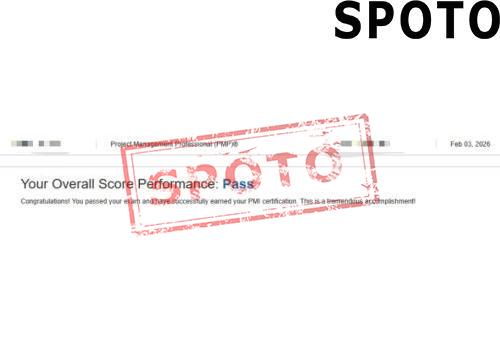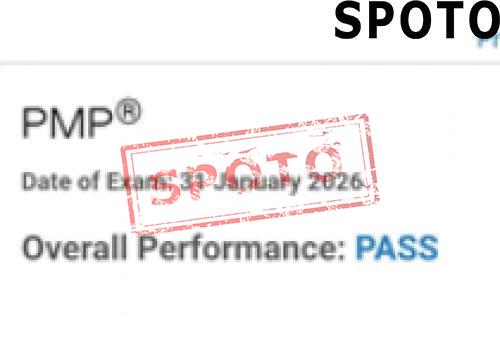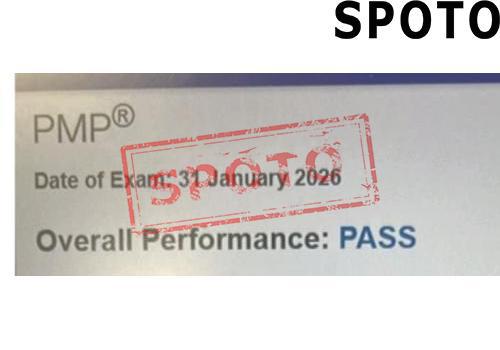
The Project Management Professional (PMP) certification is one of the most prestigious and globally recognized credentials in the world of project management. Offered by the Project Management Institute (PMI), it validates your ability to lead and direct projects across different industries. One of the most common questions aspiring PMPs ask is: Can I pass the PMP exam through self-study alone? The short answer? Yes, it's possible—but it depends on a few key factors.
Understanding the PMP Exam Structure
Before deciding on your study method, it's essential to understand what the PMP exam entails. The exam tests your knowledge of:
-
People – emphasizing the soft skills needed to effectively lead a project team.
-
Process – focusing on the technical aspects of managing a project.
-
Business Environment – highlighting the connection between projects and organizational strategy.
It consists of 180 questions (multiple-choice, multiple responses, matching, and hotspot), which are scenario-based, requiring you to apply principles rather than recall facts.
When Self-Study Can Work
1. You're an Experienced Project Manager
If you already meet the PMP eligibility requirements (e.g., 3-5 years of project management experience), you likely have a good foundation in many of the concepts tested on the exam. Self-study might be enough to fill in knowledge gaps and align your experience with the PMI framework.
2. You're Self-Motivated and Disciplined
Self-study demands a high level of commitment and time management. You'll need to create a schedule, stick to it, and ensure you're reviewing all the key areas of the exam outline. Without a structured classroom environment, staying focused is entirely up to you.
3. You Use the Right Resources
Success in self-study hinges on using reliable and comprehensive materials. At minimum, you'll need:
-
The PMBOK Guide (currently the 7th Edition)
-
A reputable PMP exam prep book (e.g., Rita Mulcahy's PMP Exam Prep)
-
Online courses or video lectures
-
PMP exam simulators or practice tests
These resources will help you understand not just what to study, but how to study effectively for the PMP exam.
Advantages of Self-Study
-
Flexible schedule: You can study at your own pace, around your work and personal life.
-
Cost-effective: Self-study can be significantly cheaper than instructor-led training or bootcamps.
-
Customized approach: You can focus more on your weak areas and skip what you already know.
Challenges of Self-Study
-
No real-time guidance: If you hit a tough concept, you're on your own unless you seek help from online communities.
-
Time-consuming: Without a teacher or deadlines, it might take longer to prepare.
-
Lack of accountability: It's easier to procrastinate or lose momentum without structured support.
Tips to Succeed With Self-Study
-
Follow a Study Plan: Break down the exam content outline into weekly goals. Allocate time for reading, practice questions, and review.
-
Take Practice Exams: Use mock tests to simulate the real exam environment. Aim to consistently score 75–80% before booking the real exam.
-
Join Online Communities: Platforms like Reddit, LinkedIn groups, or PMI forums are full of PMP candidates and certified professionals willing to share tips, clarify doubts, and offer moral support.
-
Use Flashcards and Notes: Reinforce your memory of key concepts, formulas, and terminologies with digital or physical flashcards.
-
Don't Skip the Agile Content: The PMP exam now includes a significant number of questions related to Agile and hybrid methodologies. Make sure to study frameworks like Scrum, Kanban, and SAFe.
When Self-Study May Not Be Enough
Self-study might not be the best route if:
-
You're completely new to project management.
-
You struggle with motivation or focus.
-
You learn better through interaction and real-time discussion.
-
You need the 35 contact hours of project management education and don't already have them.
In such cases, enrolling in a PMP prep course or bootcamp may provide the structure and support needed to pass the exam efficiently.
Final Verdict
Self-study can be enough to pass the PMP certification, but it requires a strategic approach, reliable resources, and serious commitment. Many candidates have successfully earned their PMP credentials by studying independently. If you're experienced, disciplined, and proactive about using diverse study tools, you can absolutely join their ranks.
Remember: the key is not just studying hard, but studying smart. With the right mindset and a well-planned approach, self-study could be your ticket to PMP success.
